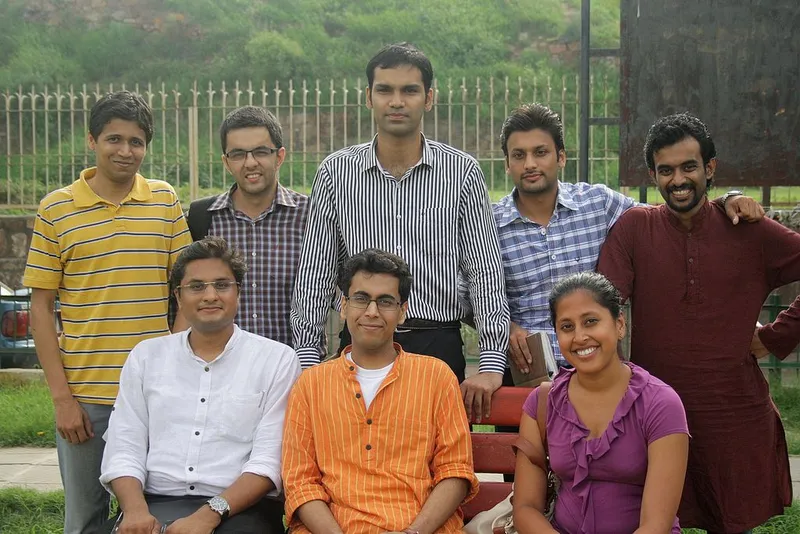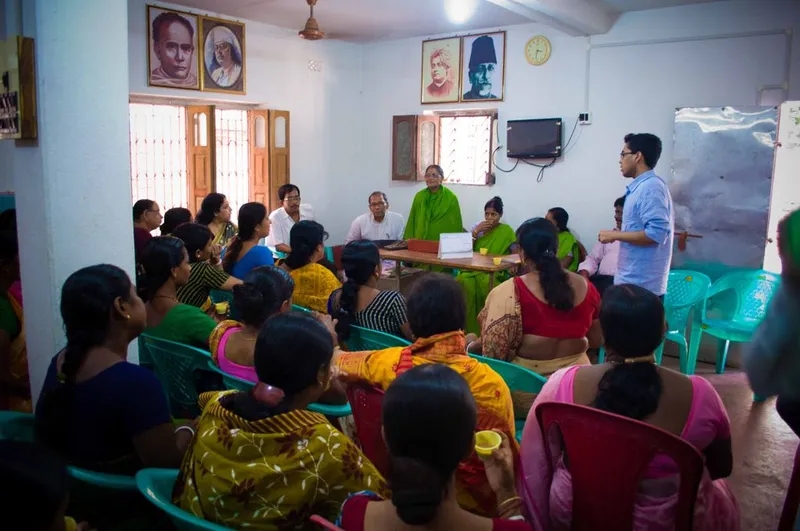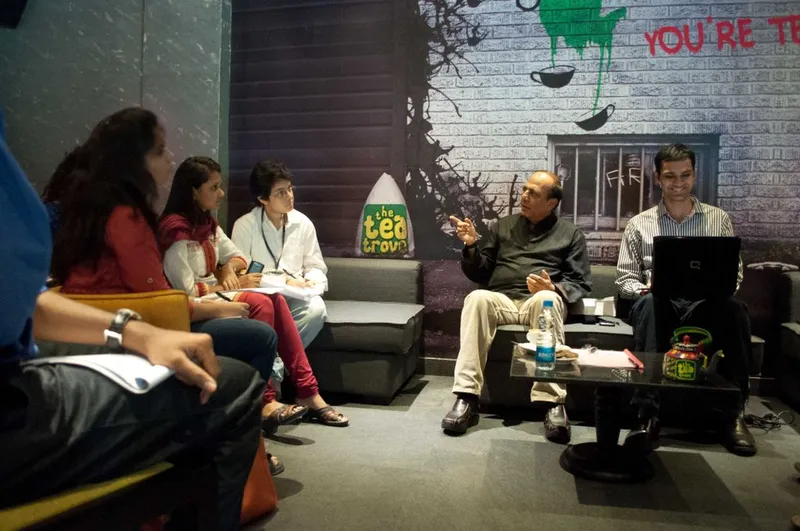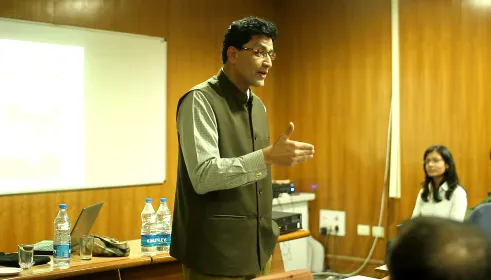Harvard grad Rwitwika Bhattacharya wants to Rejuvenate the Indian Political System with Startup Swaniti
Current global patterns are quite intriguing because as the convergence of technology, better lifestyles, and a pronounced concept of democracy are becoming prominent, young people are feeling the need to be more involved in their government. India is no exception to this. The “under 30” crowd is exuberant to work towards developmental issues, and be change-makers today. Unlike the elder generation to whom politics was a taboo and considering a profession in public life was not prestigious (with the exception of the civil services), the current generation wants to be involved in public life. Although the Anna movement had elder, more experienced people, the backbone of the movement were young people who were tweeting, Facebooking and present on the ground. Young people are already becoming active in the political domain. What awaits to be seen is how this will impact the political sphere. And, the start-up ecosystem is not alien to mingling with this domain. Harvard graduate, Rwitwika Bhattacharya shares her story on Swaniti.

“Swaniti was originally conceived at Harvard in 2009. Two of my colleagues and I had noticed that there was this incredible interest from graduate students at Harvard to want to work with political leadership in India. Some students had even gone back to India after graduation and decided to work in politics and development. However, there were a number of students who could not secure a project/position with a political leader because he/she often lacked the network,” says Rwitwika. And this prompted the idea to the three of them who had personally worked with the MPs and knew how keen progressive political leaders were to have talented and driven youth to work with them. “There are so many MPs who need promising human capital to execute on constituency level development program, yet there is no formal process of getting support for their project. It seemed only natural to match supply with demand in a structured way and develop a program that will connect youth to leadership with the focus on development in grassroots India. Thus, Swaniti was born,” adds Rwitwika.
The need to work with governments, specifically political leadership, became even more clear to her during her time at the World Bank when she saw first hand how effective governments can implement sustainable and scalable projects. Finally she started talking with MPs who were considered progressive to identify projects that they were passionate about. She identified concrete projects where Fellows could deliver something concrete and there was real constituency development. And thus started the Swaniti saga.
Rwitwika has a really good team backing her. It is filled with passionate individuals who themselves have worked with MPs and CMs (Chief Ministers). The core team consists of Hariharan Sriram, one of the early core team members. An ex-IIM-C guy, Hariharan is currently working for an FMCG firm, and has previously worked with Mamata Banerjee, Chief Minister of West Bengal. Hariharan leads the strategy and partnerships work at Swaniti. Swaniti’s Governance Lab is managed by Varun Santhosh who gave up the private sector to work in the public sphere. His area of expertise is environment and human development and he has worked with a MP as well as CMs on the same issue. He is currently working for the CMs office in Sikkim. Anshuman Didwania is working as Swaniti’s Marketing Director. One of the inaugural Fellows, Anshuman is currently working with MP Sultan Ahmad. Anshuman expanded the microfinance project from a few lakh women to 20 lakh in Uluberia, West Bengal. Geeta Ramakrishnan is working as Swaniti’s lead on special program. She was also an inaugural Fellow and worked with MP Anurag Thakur to improve curriculum in his constituency. Sourav Kundu, the youngest member, has brought in an Internet revolution for Swaniti with his work with the website, blogs and other links.

Currently, three rounds of Fellowships are on offer: summer, fall, spring. Individuals from IITs, IIMs, Stanford, Harvard have applied to the program. Also, since the program expects the Fellows to give at least three to four months, with a minimal stipend (housing and food is covered), the passion and commitment observed, is inspiring. "We see young people wanting to build a government by the people, with their support. If we want to bring sustained change in India, we need to go ahead and connect these two progressive bodies because it is not a lack of resources that is currently affecting India, but the lack of human capital to execute on projects," says a proud Rwitwika.
Hariharan explains the plans by giving us the numbers, “If you look at us numerically, our goal in the next 2 years is to connect with the top 10 percent of the most development oriented MPs and MLAs and to work with them on specific development projects. Our aim in the next two years to bring transformation to three sectors of society: 1. Help the base of the pyramid by bringing development solutions, 2. Bring young people into polity by having them work in grassroots India on some of the most fundamental issues, 3. And support progressive leadership in India by providing them with the best human capital.”

Swaniti has worked on issues ranging from providing clean water in Kerala, to bettering education standards in Himachal to scaling microfinance groups in West Bengal. The six projects they have worked on have been focused on the potential of being sustainable and scalable. Currently they’re working on newer engagements with the MPs like Kamal Nath, Srikant Jena, Jay Panda and Ajoy Kumar.

In addition to Fellows they are currently expanding their reach on college campuses via Campus Ambassadors. Also, they are developing the Swaniti Governance Lab, the think-tank arm of Swaniti. Rwitwika adds, “Our biggest challenge is our biggest boon: it is recognizing the potential that exists to make an impact and to be able to make it happen. We recognize that there are so many problems that can be resolved with the passion of committed youth and political leaders who want to see change. And we recognize that there is a tremendous window of opportunity here. Our biggest challenge is to do so effectively and smoothly, without losing much time.”
Swaniti is looking for researchers and policy-specialists in this space. You can connect with them through their Page!







